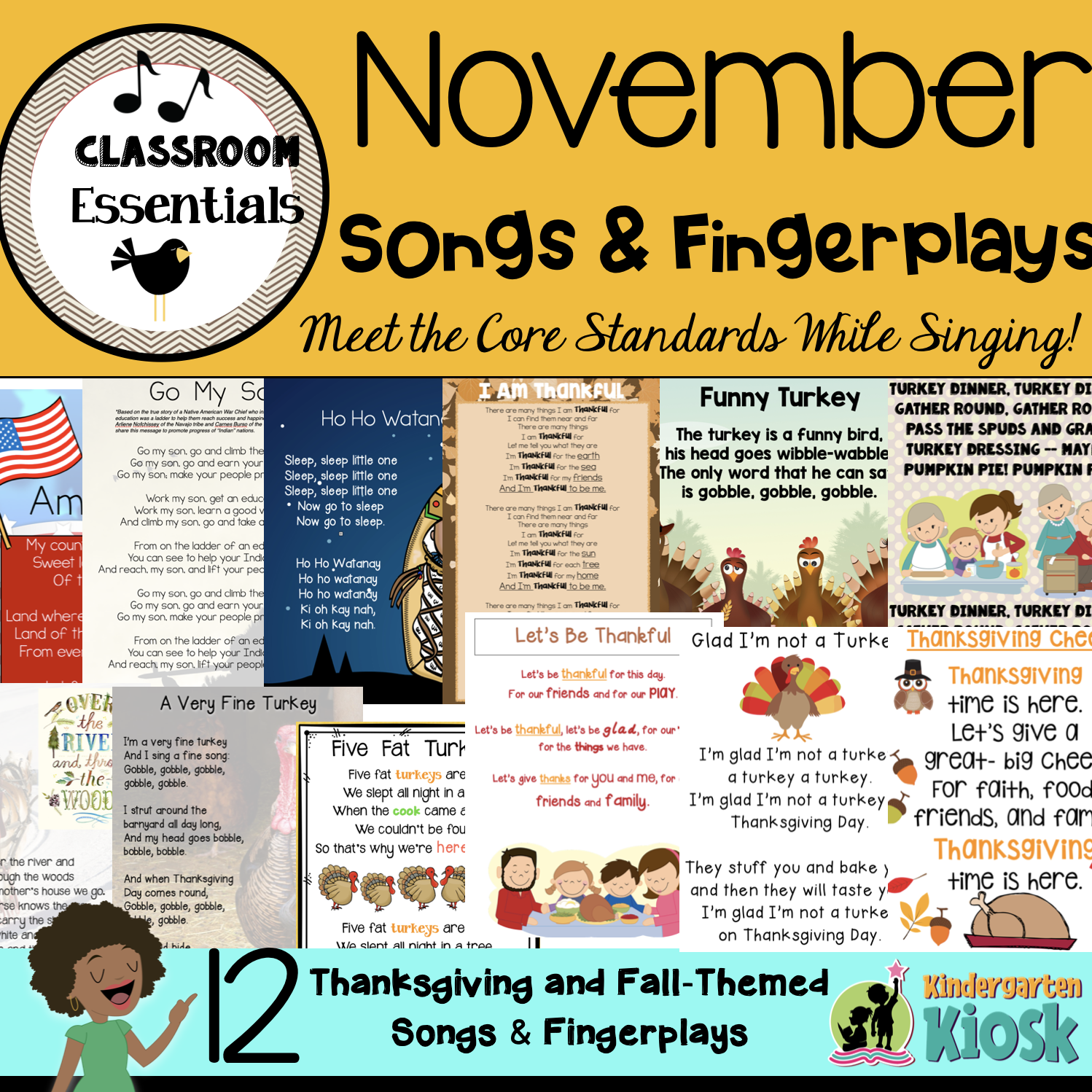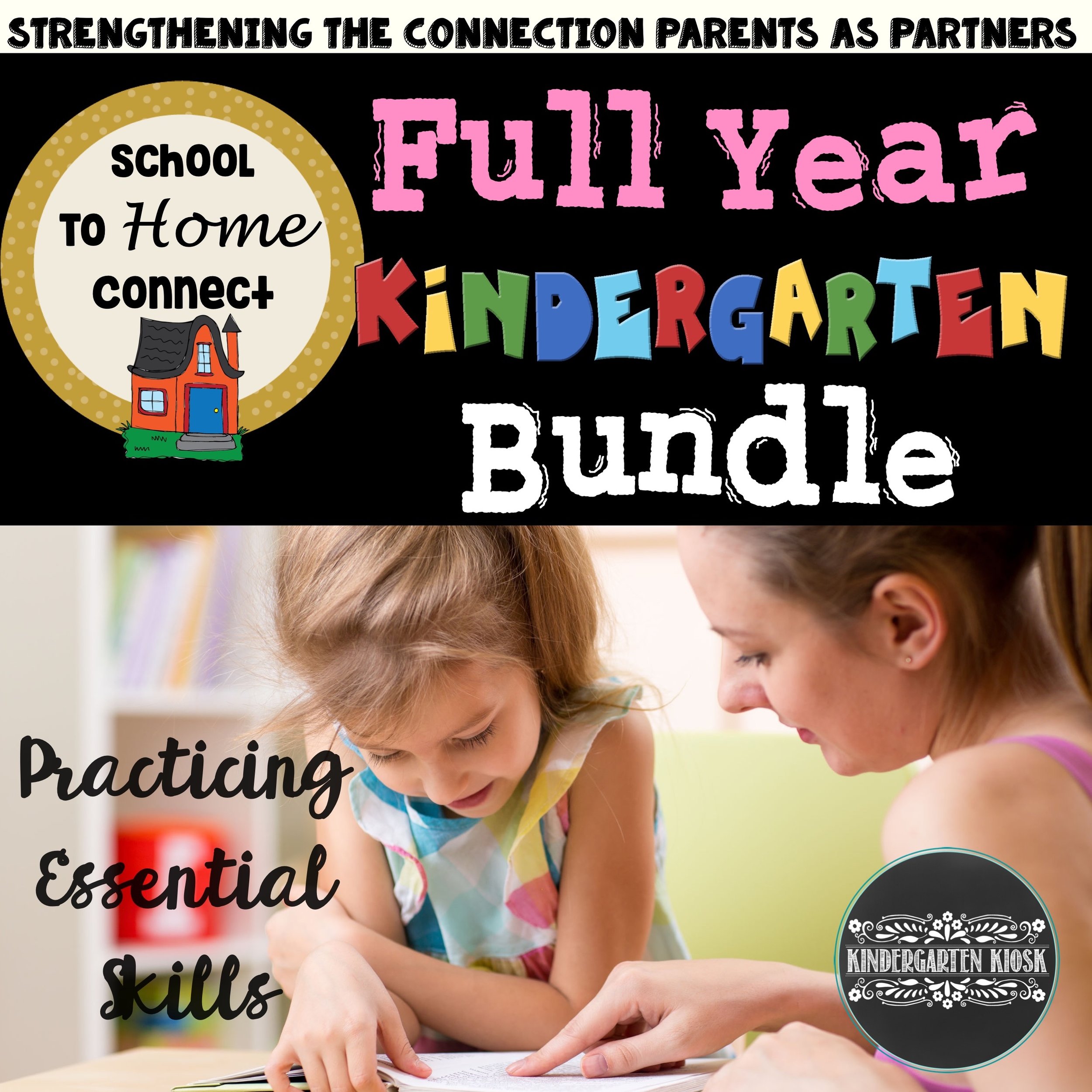The Virtue of Gratitude and Young Children
Teaching young children the art of gratitude can be difficult, especially when children are naturally egocentric, but nurturing this character trait will certainly pay off.
According to Dr. Robert A. Emmons of the University of California, genuine gratitude is the key to living a happy and fulfilling life. Dr. Emmons has found through his studies that practicing gratitude can increase happiness level by around 25%. He also mentions that gratitude increases creativity and productivity.
I love the simple song from my childhood, "I think the World is Glorious." Each time I am feeling down or a little less grateful, I sing this little song over in my brain as a reminder of gratitude.
Because teaching young children the virtue of gratitude is so important, I would like to share a few tips to build a greater sense of gratitude in not only our own hearts, but in the hearts of children in our lives.
Model Gratitude
Openly voice appreciation for the world and those who truly make it a better place. Use words of gratitude to increase appreciative vocabulary. Call attention to the kindness of others and show respect for efforts by using words like "please" and "thank you" in front of your children. Express gratitude for the child and how he/she make your life better.
Show Appreciation

Display genuine appreciation for a child’s efforts for assigned tasks. Never jump in and help them, but rather appreciate their abilities as you let them experience that completing tasks take effort. As this effort is experienced, appreciation for the efforts of others will evolve.
Be Patient
Allow your child to evolve the virtue of gratitude naturally. Reinforce constantly, and compliment each step along the way. Understand that children's egocentricity is common and natural, and that learning to be grateful is a process.
Create Opportunities
Allow opportunity for children to be generous. Create “Secret Helpers” in the classroom or home. Help your child/children to do small tasks for others in secret, to allow for the experience of watching the joy felt by others.
Don't Focus On Possessions
Remove material things from the gratitude equation. In the days of affordable toys, children generally have many possession they gained without any effort. I would call this lucky. “Wow, aren't you lucky to have such great toys?” But once you tag the need to be grateful for these toys to the equation, the child will not be able to truly discern what grateful is, as most toys are gained without effort. Rather, focus on the gratefulness of food, family, love, caring, fun, time, events, field trips, excursions, and other gifts of a non-material nature. Also focus on things of nature such as moisture, sunshine, day, night, stars, etc.
Document Gratitude
Create a classroom or family grateful journal. Assign a different family member or class member to record something he/she appreciates. Read the journal as a group once each week, reflecting on each new entry.
One of my favorite teacher spots is Wondergrovekids.org. Check out the free videos on the topics of thankfulness.






